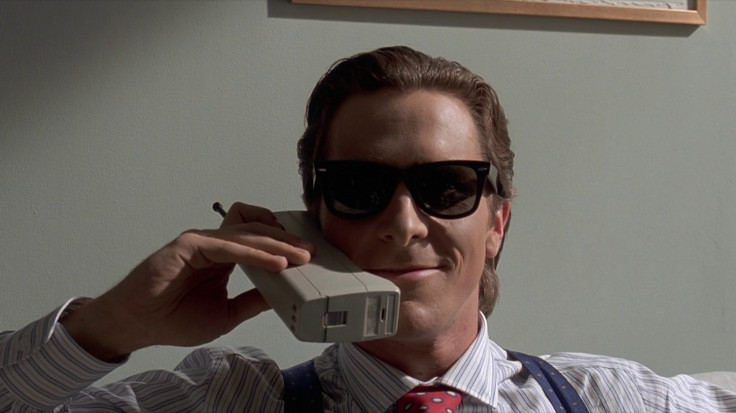Think your boss is a psychopath? You may be one too
Workers who thrive under abusive boss may be higher on psychopathy spectrum

People who thrive under abusive managers are more likely to be psychopaths, a study has claimed.
That is not to say that the person at the next desk is an American Psycho waiting to happen. Psychologists define psychopathy as a personality trait and all people fit somewhere on the psychopath scale.
It takes a lot to survive under the leadership of a demanding "psychopath" boss, and not everyone is equipped to do it. People who have stronger psychopathic traits than others will tend to do better in a stressful or even abusive work environment.
A study published by the University of Notre Dame reveals that people who maintain high levels of wellbeing and perform better than their co-workers in an environment where a mean boss is in charge may have higher levels of psychopathy than others.
"There are primary and secondary dimensions of psychopathy," said Charlice Hurst, the study's lead author.
"Both consist of high levels of antisocial behavior. However, people who score high in primary psychopathy lack empathy and are cool-headed and fearless."
Under an abusive boss, people with high levels of primary psychopathy will be more resistant to anxiety and anger and feel more positive emotions than their coworkers with low levels, Hurst explained.
The research team conducted two studies on 419 working adults.
In the first experiment, they asked participants to picture themselves working under a constructive boss and then an abusive boss.
In the first scenario, no significant differences between co-workers were detected. However, in the second scenario people who were higher on the primary psychopathy spectrum reported being happier than others when they imagined working under a nasty boss.

The second study focused on participants' real-life superiors, It asked them to rate how abusive the bosses were, based on whether they were rude, gossiped about other employees, broke promises, invaded people's privacy or did not give their employees proper credit for their work.
People with high levels of primary psychopathy reported being less angry and more engaged with their abusive manager.
"Psychopaths" were also more likely to perform better under the pressures of a demanding boss.
The study aims to shows how dangerous toxic work environments are to workers. According to Hurst, abusive bosses encourage a vicious circle where psychopathy is rewarded.
"It may reward and retain exactly the kind of people who are likely to perpetuate abusive cultures," she said. "Psychopaths thriving under abusive supervisors would be better positioned to get ahead of their peers."






















